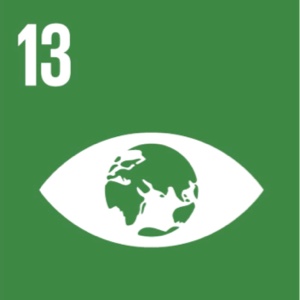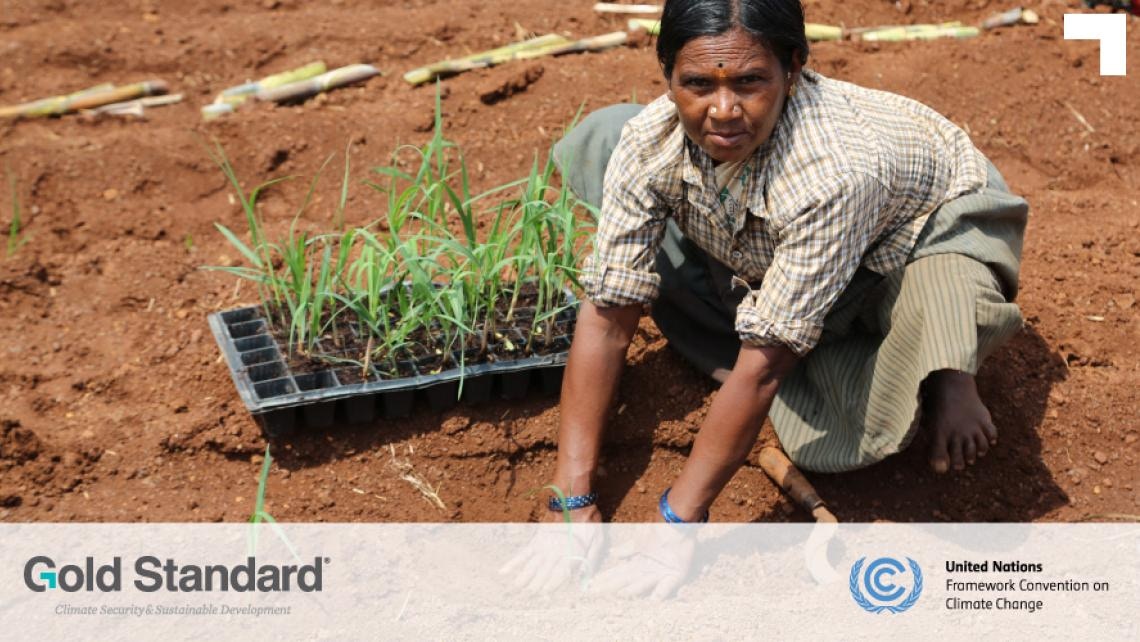Gold Standard is pleased to announce a strategic partnership with UNFCCC secretariat, forged with a shared goal of supporting non-party stakeholders in accelerating progress toward the Sustainable Development Goals.
The collaboration aims to meet the need of non-party stakeholders, specifically corporates and subnational authorities, to communicate the impact of their sustainable development actions and will deliver guidance and tools to meet this expectation. The ability to use, make decisions and report on reliable data related to the sustainable development impacts of their activities is imperative for gaining stakeholder trust and support.
Gold Standard and UNFCCC secretariat are seeking stakeholder input on the work plan to develop the guidance and tools referred to below. The scope of work is included in the consultation documents section.
PROPOSED DELIVERABLES:
A decision-making tool for corporate sustainability impact assessments. The tool will include recommended approaches for the formulation of targets and decision-making pathways based on the individual needs of an organization to measure and report on the impacts achieved;
Methodologies and approaches to quantify and report on the impacts of sustainable development actions, including methodologies for use in the context of large scale interventions such as supply chain and city scale interventions; and
Technology solutions to reduce the barriers to measuring, quantifying and certifying impacts (including IT based platforms and blockchain based solutions).
QUESTIONS FOR CONSULTATION:
The collaboration focusses on non-state actors, particularly corporates and subnational authorities. Which sectoral and impact areas should be a priority focus? Are there any other actors that might benefit from the proposed framework, and how?
With reference to the proposed deliverables of the collaboration, what uses do you foresee and by whom?
What benefits and/or concerns do stakeholders foresee in the use of online tools and blockchain technology to determine, track, report and transact emissions reductions? What are the risks of this approach?
What guiding principles should be taken into account throughout the proposed collaboration?
Please share any other comments you may have about the proposed work.



